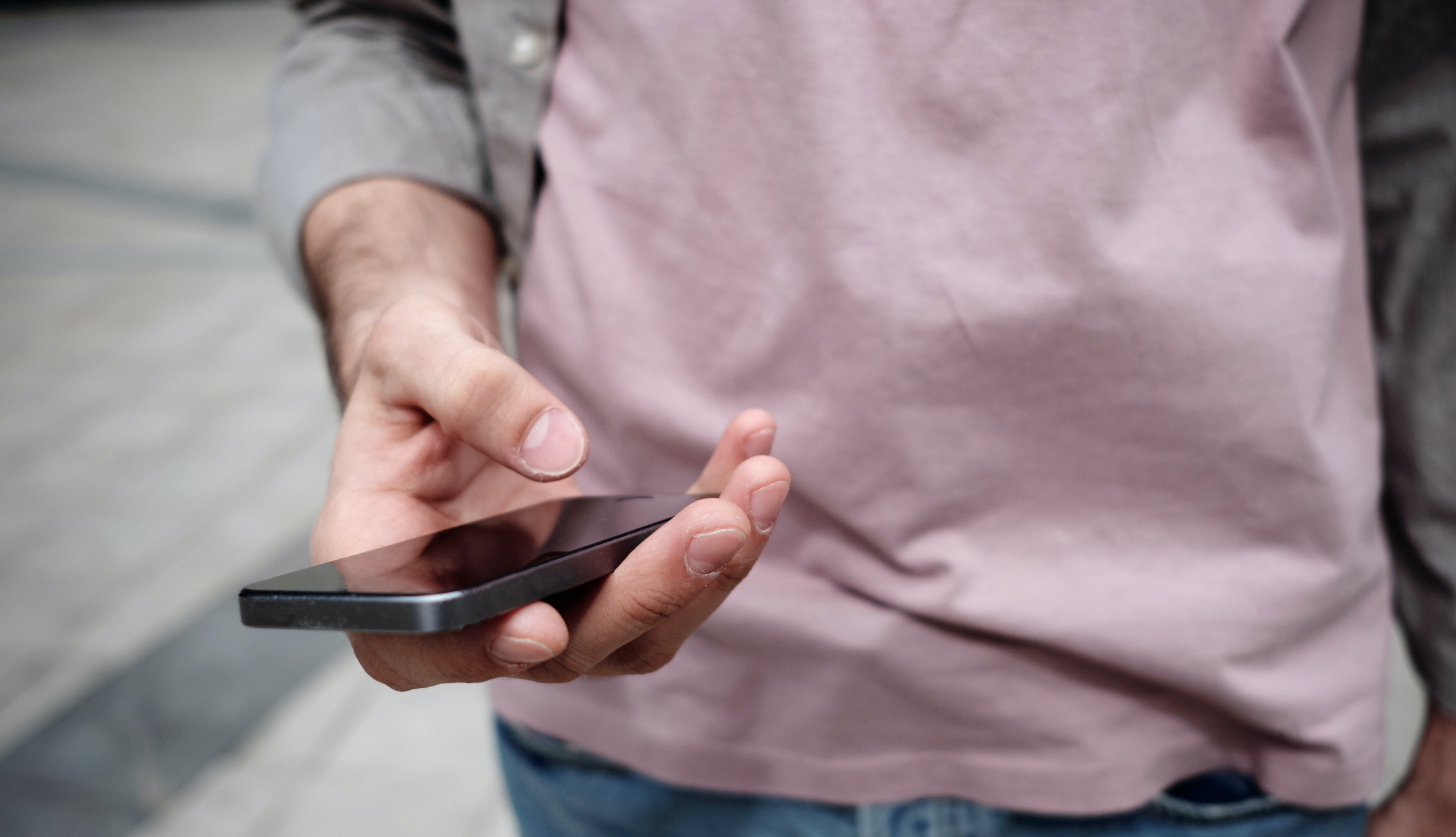WIRELESS POWER

Qi - The standard for wireless charging.
Wireless power isn’t new—it began with Nikola Tesla over a century ago. Today, it’s revolutionized by Qi, the leading standard for wireless charging, set by the Wireless Power Consortium (WPC).
Qi enables energy and data to flow between devices without cables, using magnetic fields to charge smartphones, appliances, medical devices, and more—safely, efficiently, and universally.
no more cords
_______________________
No more tangled cables or worn-out connectors. Qi wireless power lets you design sealed, durable devices that work in harsh conditions—from underwater to extreme heat.
extended product life
_______________________
Eliminating external ports improves reliability and reduces failure points—perfect for consumer, industrial, and medical applications.
universal compatibility
_______________________
Qi-certified devices from different manufacturers can charge using the same power source—ensuring seamless user experience and easy integration.
mainstream momentum
_______________________
By 2025, Qi wireless power is everywhere - from 25 W magnetic (MPP) charging in iPhones - to induction pads in BMW dashboards, hidden coils in IKEA furniture, and Starbucks’ wireless tables. Industrial IoT sensors, medical wearables, and public charging benches all run on the same universal standard, proving the wireless‑power revolution is in full swing.

Qi wireless power in the real world
Qi wireless charging is now embedded in:
- Smartphones (Apple, Samsung, Google etc.)
- Furniture from IKEA
- Cars from leading automotive brands
- Charging stations at Starbucks
With support from the WPC and global tech leaders, wireless power is mainstream—and growing fast.
Wireless power is here. don't fall behind.
Wireless charging is evolving at breakneck speed: new Qi‑enabled products debut daily, the Wireless Power Consortium keeps expanding, and Qi is moving into everything from kitchen appliances to EV accessories. At nok9, we accelerate your path with expert consulting, accredited in‑lab testing, and the industry’s most complete compatibility and quality‑assurance systems.
Get ahead with future‑proof wireless power—contact us today.

How wireless power works
How Wireless Power Works
Although wireless power transfer dates back to the late 1800s, only in the past decade has the technology been refined enough for practical, real‑world use.
Often referred to as inductive power transfer (IPT), inductive coupling, resonant wireless power, or resonant power transfer, all these names describe the same basic principle: transmitting energy wirelessly—across an air gap and without physical connectors—from a power source to a load.
At its core:
- A transmitter coil sends energy via a magnetic field
- A receiver coil in the device captures that energy
The result: safe, efficient power across an air gap—no cords, no friction
This system adapts to different power levels and spatial alignments using a mix of inductive and resonant charging.